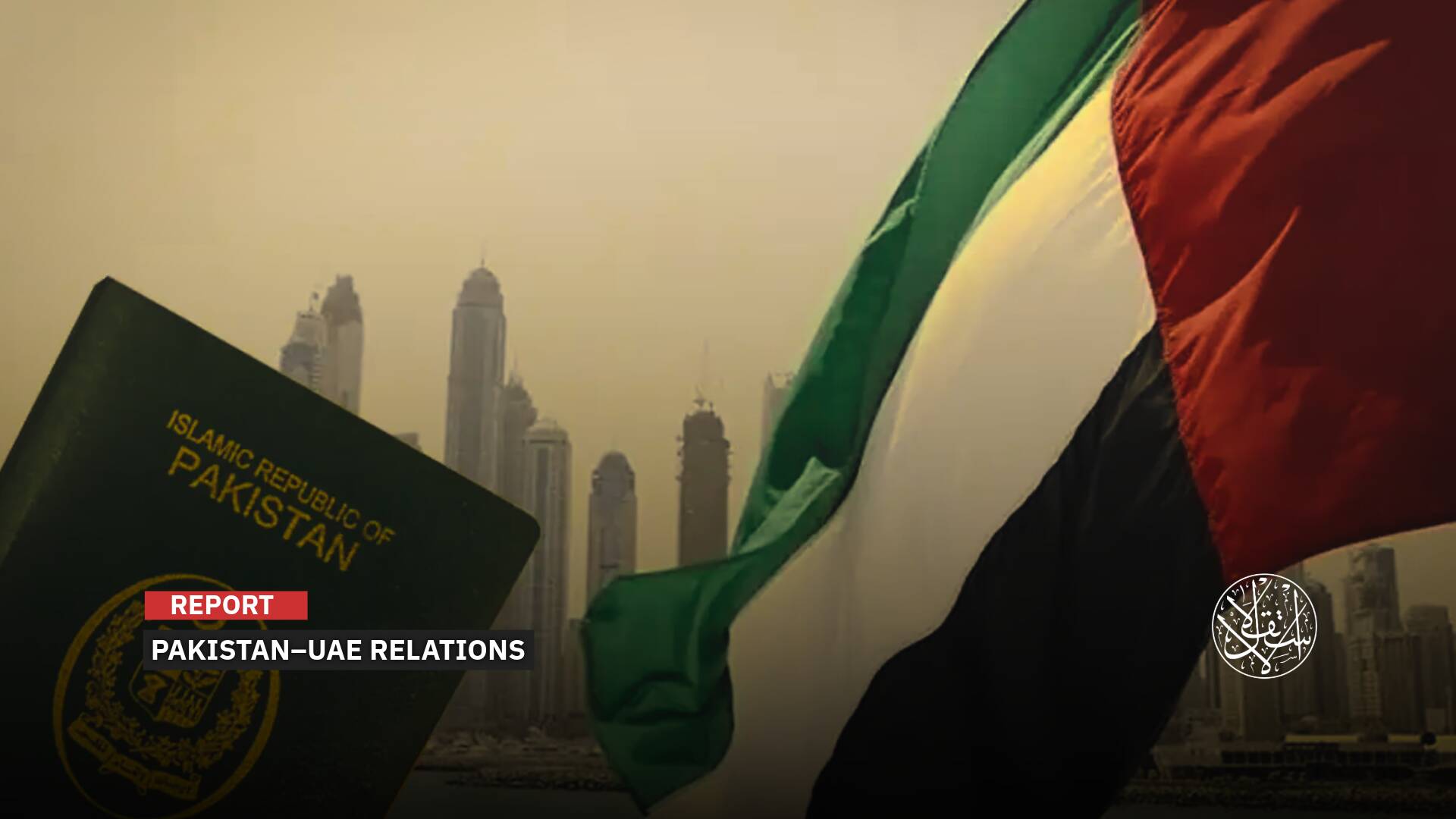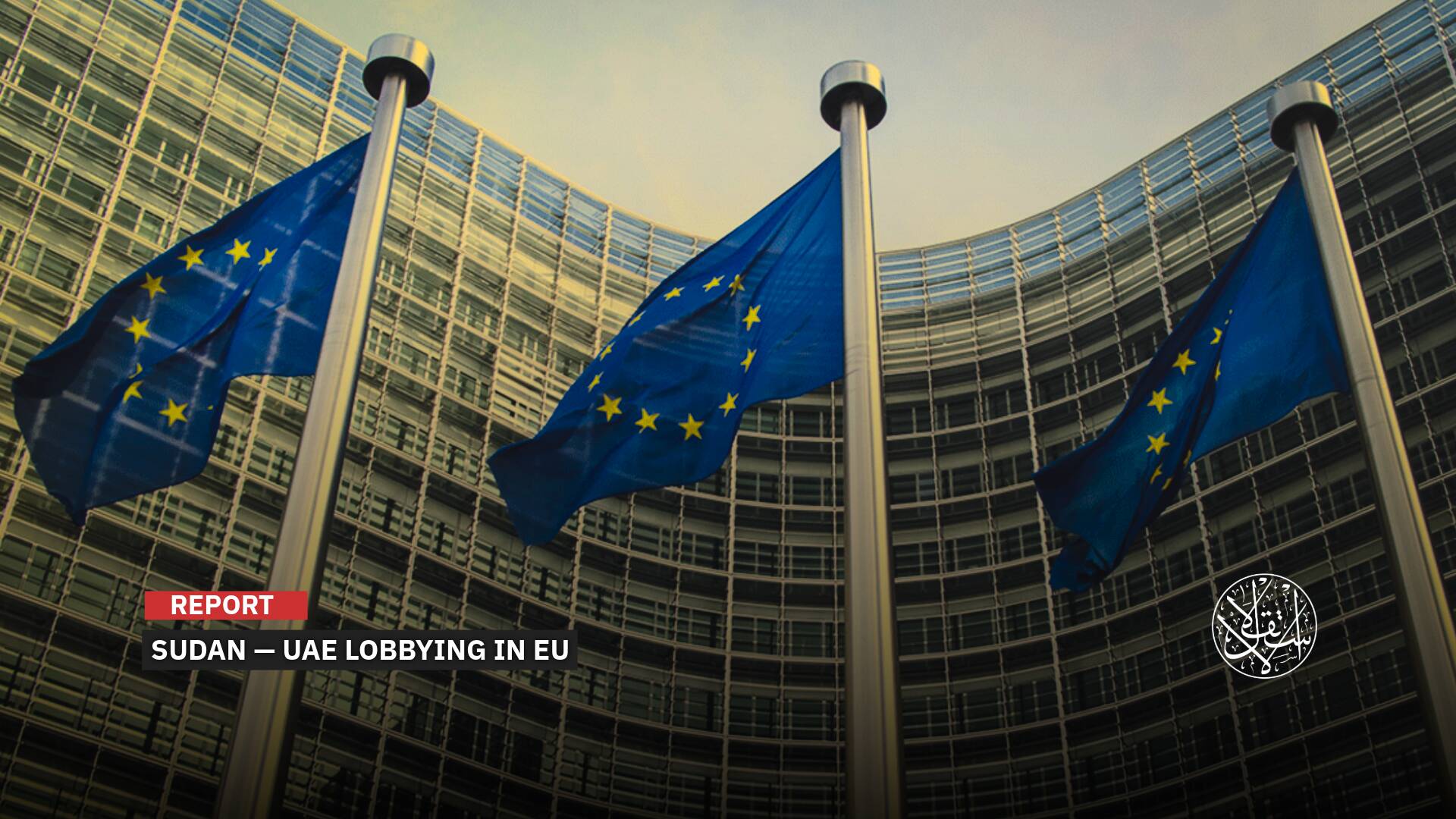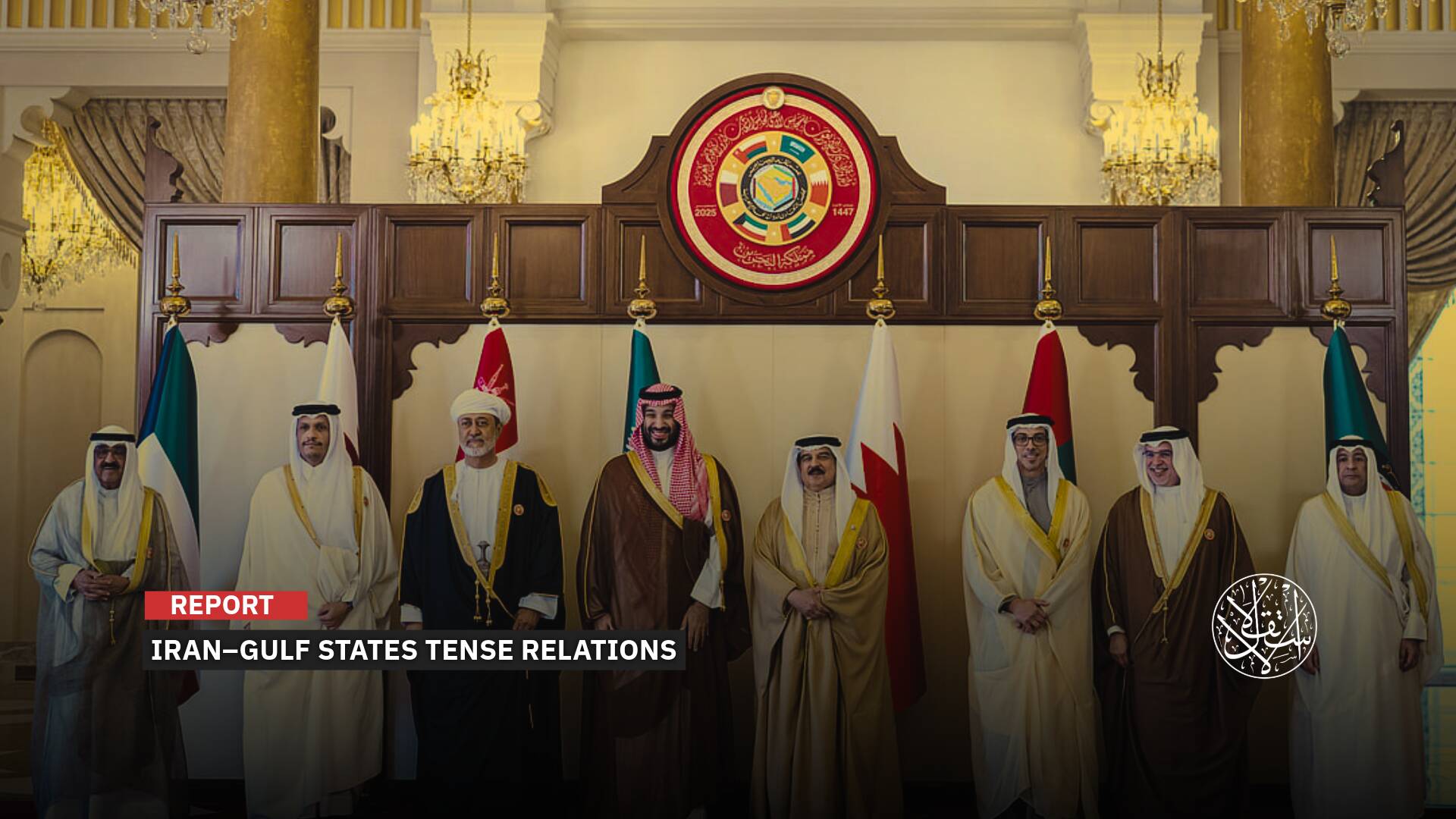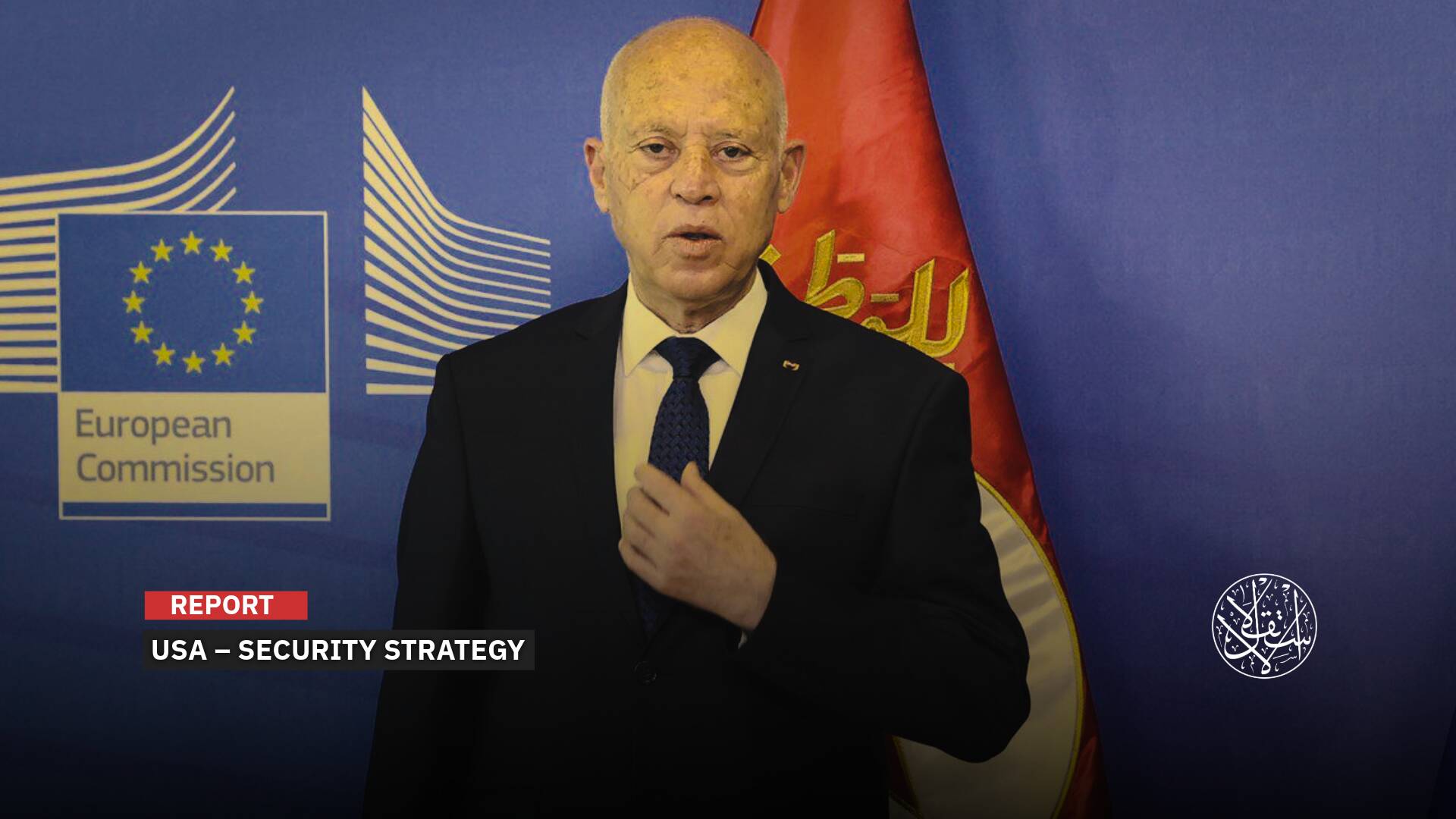Can Independents Free the Egyptian Syndicate of Journalists From Regime Control?

The Egyptian regime succeeded in turning the giant Syndicate of Journalists into a dead body through the government-backed chairman of the Syndicate, Diaa Rashwan, who at the same time holds, for the first time in its history, the position of head of the Presidency Information Service.
It seems that the opposition and independent journalists decided to take an important step toward liberating this freedom front from the regime’s jaw after they nominated a famous opponent for the position of chairman of the Syndicate.
The Independence Movement in the Syndicate, which includes Nasserists, leftists, independents, and liberals, announced the abandonment of the competition for the position of President of the Syndicate of Journalists. The movement will put “one joint candidate” instead, for fear that the position would be transferred to the regime again.
This was after the Egyptian authority proposed the editor-in-chief of the government Al Akhbar newspaper, Khaled Miri (the Syndicate’s Deputy President), for the presidency of the Syndicate. Miri is affiliated with the Abdel-Fattah el-Sisi regime and implements its policies.
The former Undersecretary of the Syndicate of Journalists, journalist Khaled el-Balshy, editor-in-chief of the left-wing opposition website Daaarb, ignored the regime and announced on the last day of the candidacy, February 15, 2023, that he will join elections for the position of chairman of the Syndicate of Journalists.
Thus, it is expected that the upcoming elections will be heated in light of the end of the tenure of Diaa Rashwan, the current chairman (two terms), the entry of a new, weaker government candidate, and the return of heated political battles for the Syndicate after 4 years of clinical death of the activities within the Syndicate.
The midterm elections for the Syndicate (the chairman and 6 members out of 12 of its council) will be held on March 3, 2023, under harsh conditions surrounding journalists related to arrests and wages.
At a time when the country is witnessing an economic crisis, in addition to the control of the United Media Company (affiliated with the Intelligence Service) over 14 newspapers, these conditions are considered by some to be favorable to change in the Syndicate.
The Syndicate Independence Movement is about defending the independence of the press profession and confronting restrictive and freedom-depriving legislation.
The term “syndicate independence” refers to the separation between what is “administrative” or “political” and what is “syndical,” and that the syndicate defends all its members’ interests.
 Remarkable Momentum
Remarkable Momentum
The midterm elections are held for the chairman’s seat, which is currently occupied by Diaa Rashwan, and six of the council members whose terms have expired: Khaled Miri, Mohamed Shabana, Hisham Younes, Mahmoud Kamel, Hamad al-Ramahi, and Mohamed Yehia Youssef.
According to the Syndicate of Journalists Law, midterm elections are held every two years on the first Friday of March, which corresponds to March 3, 2023, and the elections are often automatically postponed a week or two until a quorum is reached.
The Syndicate Council called the General Assembly of Journalists to convene at the Syndicate’s headquarters on Friday, March 3, 2023, to vote, if a quorum is reached, on the Syndicate’s seat and half of the council’s seats.
In case the quorum is not achieved, it will be called for the second session, Friday, March 17, 2023, and the elections will be held as usual under judicial supervision.
The final list of candidates included 55 candidates: 13 candidates for the position of President of the Syndicate of Journalists, and 42 candidates for the Syndicate Council, of whom only 6 are elected.
There are expectations among journalists that the elections will witness surprises in light of the economic crisis; the candidates affiliated with the government will get a punitive vote due to anger at the impoverishment, marginalization, and repression of journalists.
Kotb el-Araby, former Assistant Secretary-General of the Supreme Council for Press, expects “a surprise to happen, and we are witnessing a punitive vote by the public of journalists against candidates close to the regime.”
He said: “They turned the Syndicate into a lifeless body, shrouded with worn-out curtains,” referring to the Syndicate’s building being surrounded by scaffolding and building cloth for restoration, but nothing happened.
However, journalist Mohamed Abdel Quddous—former chairman of the Syndicate, affiliated with the Islamic movement, and who has not run for office since the 2013 coup—does not expect a “punitive vote” from journalists against the candidates of the authority and Miri in favor of el-Balshy and the rest of the independence movement.
Abdel Quddous explained to Al-Estiklal that he expects, if a punitive vote takes place, it will be in the form of “journalists boycotting the elections themselves,” or the vote will be separate for each journalist according to the syndical services and the positions on the freedoms and rights of journalists of each one.
He believed that el-Balshy’s chances of winning as chairman of the Syndicate are relatively weak compared to Gamal Abdel-Rahim, who ran for the seats in the council, because journalists need a strong candidate who does not belong to a particular movement, and who improves the services provided to them, as many journalists are forced to elect those who provide services; those who are affiliated with the regime are the ones who will succeed in this.
Kotb el-Araby confirms that the presence of a number of independent and even opposition candidates, including the candidate for the chairman’s position, gave the Syndicate’s elections importance and vitality that were lacking during the last period.
However, he made it clear that these independent and opposition faces do not include those affiliated with the Islamic movement, as they have been deprived of candidacy since the July 3, 2013 coup, as they will be subject to accusations and persecution, and will be imprisoned next to dozens of journalists in jail.
El-Araby said the government candidate for the position of chairman did not announce promises of new financial and service privileges, as was the case before, amid the ongoing difficult economic crisis.
El-Araby links this with what he believes, saying: “The authority no longer cares about the anger of journalists, as it has started to use the policy of the big stick, not the soft power, against them.”
Independent journalists are trying to form counter-lists that include 4 of them, along with two of their sympathizers, in the hope of guiding journalists to elect them.
However, the candidates affiliated with the regime often take the initiative to lure journalists with services and financial grants provided by the government to elect them and choose their list. The “bribe” is often distributed by security agencies to the editors-in-chief of government and private newspapers loyal to Sisi to mobilize journalists to vote for Sisi’s candidates.

 ‘Killing’ the Syndicate
‘Killing’ the Syndicate
Following Abdel-Fattah el-Sisi’s coup against the legitimately elected president, Mohamed Morsi, on July 3, 2013, and then assuming the presidency, he followed a policy of “shutting down politics” by preventing syndicates and universities from taking any political action.
Within this plan, the chairman of the Syndicate, Diaa Rashwan, who is known for his close relations with the security and intelligence services and members of the government council, was keen to restrict syndical work and besiege the activity of journalists inside the building that is famous for its continuous sit-ins and demonstrations.
The Syndicate’s secretary, Mohamed Shabana, sought to besiege the famous stairs within the Syndicate with metal wrenches under the pretext of restoring the building, with the aim of preventing standing on it and demonstrating, as the Syndicate’s stairs were known as “Hyde Park” for demonstrations and played an important role in the 2011 revolution.
This prompted journalists to sarcastically talk about the government journalists’ deliberate “killing” of the Syndicate because of its long-standing role in promoting freedoms.
The role of the Syndicate and the state of stagnation and paralysis of its pillars were induced by the control of the Syndicate Council by a pro-Egyptian security services movement, with 8 government journalists against 4 opponents, who were excluded from the Syndicate’s positions and all syndical role was withdrawn from them.
Because of this government control, in addition to security repression and the issuance of dozens of laws restricting freedoms, the Syndicate has become muzzled since the 2013 coup, and it does not issue a word or statement regarding the arrests or imprisonment of journalists or freedoms in Egypt.
The authority also played a role in appointing hundreds of journalists affiliated with intelligence newspapers (United Media) to the Syndicate of Journalists to ensure dominance and a majority in the Syndicate elections thanks to loyal journalists, especially in light of the closure or domestication of independent and partisan newspapers.
Khaled Miri, the government candidate for the position of chairman, enjoys strong relations with the security services, especially the National Security Agency (formerly State Security) of the Ministry of Interior, since he was an editor covering the judiciary file before the outbreak of the revolution on January 25, 2011.
He was promoted to the position of editor-in-chief of Al Akhbar newspaper following the military coup in July 2013, and assumed the position of editor-in-chief by the decision of Abdel-Fattah el-Sisi in 2017.
Therefore, his candidacy for the position of president came as an indication that the security authorities want to continue to control the Syndicate’s affairs through the journalists cooperating with the regime, the majority of whom are from government and private newspapers affiliated with the United Media Company.

 Save the Syndicate
Save the Syndicate
In support of the Independence Movement, and the opposition candidate for the position of the Syndicate, the former head of the Syndicate of Journalists, Yahya Qalash, sent a message to Egyptian journalists, via Facebook, to “save” the Syndicate’s 82-year history of struggle.
He called on them to “participate in correcting the path of the elections and saving the Syndicate” because of the latter’s difficult situation.
He said: “Now you alone have to make a decision either to keep the Syndicate dead or to return it to you. Your choice now will determine either the continuation and survival of those who deviated from the Syndicate’s path or those willing to preserve this entity so that it returns to its natural role in the defense of rights and profession.”
El-Balshy, who was in charge of the Freedoms Committee and demanded the release of all journalists, regardless of their orientations, was subjected to a series of harassments; his three journalistic websites to oppose the authority were blocked.
The authority held el-Balshy responsible for the crisis of the security forces storming the Syndicate’s headquarters for the first time in its history in 2016, and arrested journalists Amr Badr and Mahmoud al-Sakka, because of their positions opposing the concession of the islands of Tiran and Sanafir, during the era of the former head of the Syndicate, Yahya Qalash, which was one of the most prominent clashes between the state and the Syndicate.
On April 4, 2016, the Public Prosecutor issued an arrest warrant for journalist Khaled el-Balshy on charges of “insulting the police” and “calling for excitement against public order and the overthrow of the regime.”
In October 2020, the Arab Network for Human Rights criticized the “police retaliation against Khaled el-Balshy.” It said that it must stop after Kamal el-Balshy, his brother, was arrested for intimidating the latter.
El-Balshy had won a seat in the Council of the Syndicate of Journalists in the March 2019 elections, but according to the syndicate law, which divides the winners between “over-age” and “under-age,” el-Balshy was excluded.
El-Balshy won then with 1440 votes, and despite this, he lost, and the government candidate, Mohamed Yehia Youssef, who got only 1154 votes, came in his place.
The issue of journalists arrested since the coup has not received attention except during the Syndicate elections, so it is an opportunity for those imprisoned to express themselves, even if journalists who were detained ran for attention in the 2019 elections. Even the authority’s candidate, Khaled Miri, said immediately after announcing his election run that “attempts to release the journalists will not stop, and the file is about to be closed.”
Syndicate Council member Mohamed Saad Abdel Hafiz confirms that 14 syndicate journalists, in addition to others who are not trade syndicates, are imprisoned pending opinion cases.
According to the annual report on media freedom violations in Egypt for the year 2022, issued by the Arab Observatory for Media Freedom (an independent human rights body), the last year witnessed the release of 19 journalists, while 16 others were arrested, bringing the number of male and female journalists currently imprisoned to 47, with 5 journalists and media workers working abroad being included on terrorist lists.
The annual statistical report for 2022 by the Egyptian Observatory for Press and Media (an independent human rights body) documented 238 cases of violations against journalists and media professionals or the institutions in which they work, an increase of 126% over 2021, in which violations were recorded with a total of 105 cases.
Egypt ranks third in the world on the list of countries that detain the most journalists, according to the Committee to Protect Journalists in 2021.
Sources
- Khaled el-Balshy announces his candidacy as president of the Syndicate of Journalists [Arabic]
- An important confrontation for the independence movement.. waiting for the results of the elections of the Journalists Syndicate in Egypt [Arabic]
- You will not miss Miri... "Egyptian journalists" are facing the scenario of the only candidate [Arabic]












